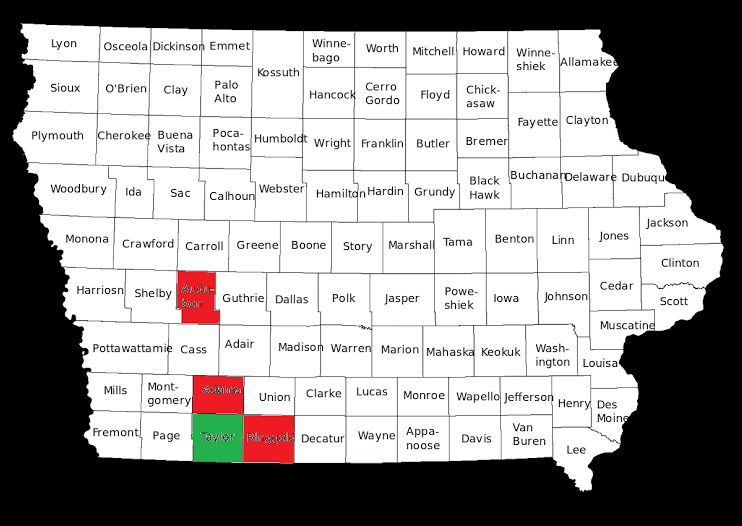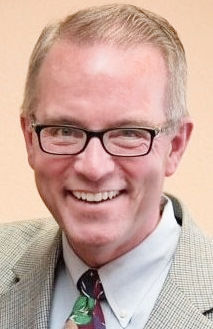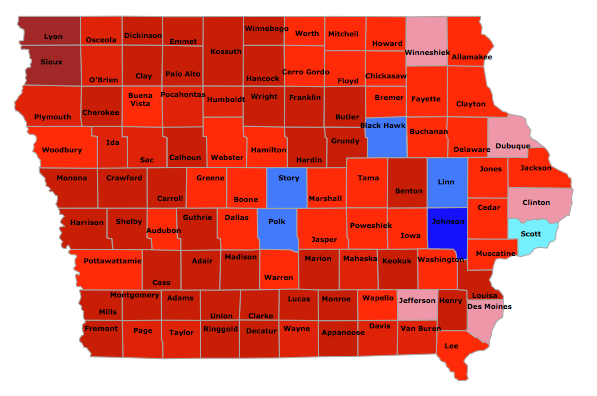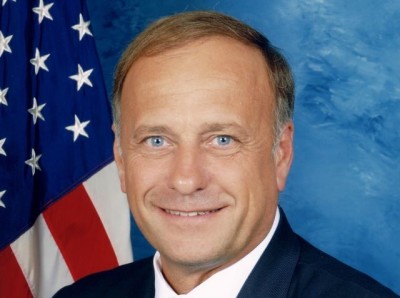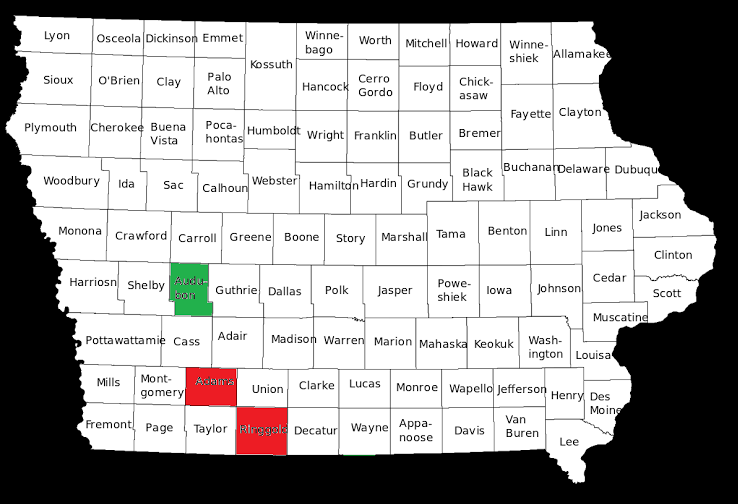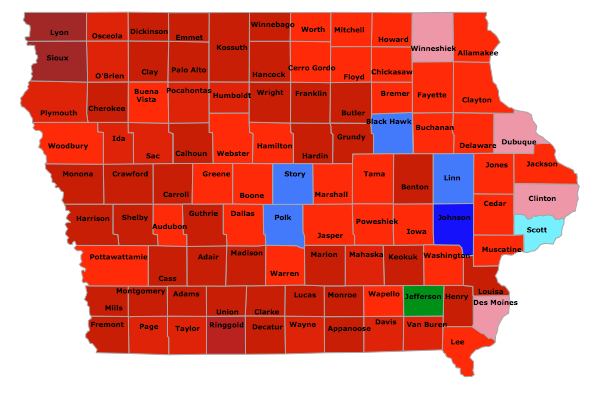Vowing to be an outsider who can bring a “different kind of government” to Iowa, Rich Leopold just announced in a Facebook live appearance that he will run for governor as a Democrat in 2018. I enclose below his news release and a statement of “four cornerstones” that will guide his candidacy, along with a transcript of his comments on video. Leopold’s campaign website is here and his Facebook page is here.
A first-time candidate for office, Leopold stands apart from the “lobbyists, special interests, and the insider’s club that for far too long has run our government” and “is free from the generations of deal-making and permanent campaigning that has poisoned the capitol,” his “cornerstones” document declares.
Leopold has government experience at the local, state, and federal level. He served as Iowa Department of Natural Resources director during Chet Culver’s administration from 2007 to 2010, when he took a job with the Midwest Region of the U.S. Fish and Wildlife Service. He later worked for the Dickinson County Conservation Board and since 2013 has been with the Polk County Conservation Board, where he is now director. (Disclosure: I joined the board of directors of the Iowa Environmental Council when Leopold was that non-profit’s executive director, shortly before he left to lead the DNR.)
Leopold also chairs the new Grow Iowa PAC, which raised about $10,000 last year and donated to eighteen Democratic candidates or committees.
No other Democrats have confirmed plans to run for governor, but outgoing Iowa Democratic Party chair Andy McGuire is widely expected to announce her candidacy early this year. If either wins the June 2018 primary, Leopold or McGuire would be the first Iowa nominee for governor since Roxanne Conlin in 1982 not to have held elected office.
Many politics-watchers expect at least one member of the Iowa House or Senate to seek the nomination as well, perhaps State Senator Liz Mathis or State Representative Todd Prichard.
UPDATE: State Senator Chaz Allen is also rumored to be considering the gubernatorial race. He or Prichard would have to give up their seats in the legislature in order to run for governor. Mathis was just re-elected to a four-year term, so could run for governor without leaving the Iowa Senate.
Continue Reading...

